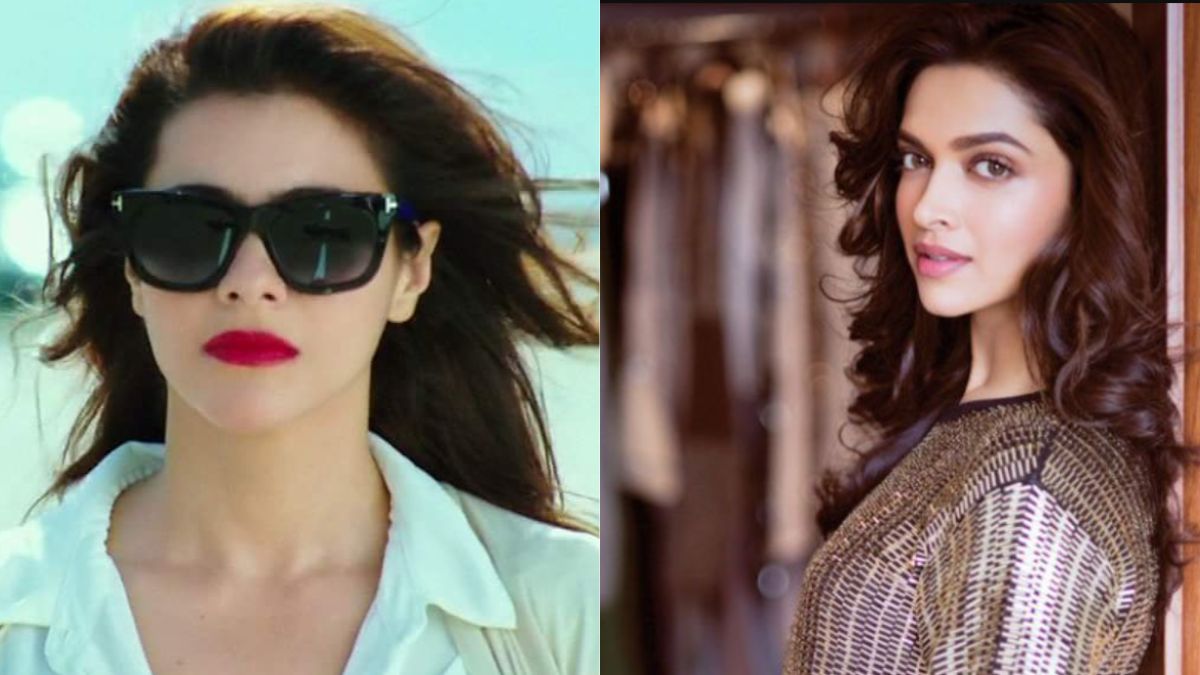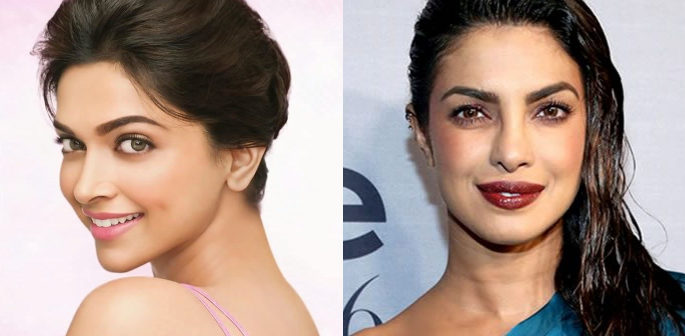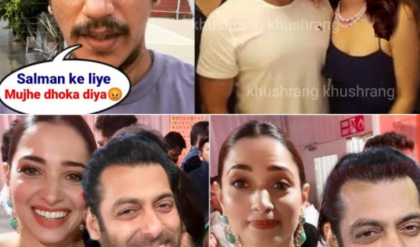Bollywood’s Obsession with Fair Complexion: Whitewashed Beauty Standards
Bollywood, the vibrant heart of Indian cinema, has long been a mirror to society, reflecting both the cultural values and the challenges of the times. However, one troubling aspect of this reflection has been its portrayal of beauty, particularly the longstanding obsession with fair skin. For decades, Bollywood has upheld a whitewashed beauty standard, subtly but powerfully reinforcing the notion that lighter skin is synonymous with beauty, success, and desirability. This obsession with fair complexion has had far-reaching effects on both the film industry and society at large, leading to a complex, and often damaging, relationship with skin tone.

The Roots of Fairness Ideals in Bollywood
The roots of Bollywood’s preference for fair skin can be traced back to colonial India, where lighter skin was often associated with higher status, sophistication, and power. The British colonial rule in India established racial hierarchies that placed lighter-skinned individuals above their darker counterparts, creating a societal preference for fair complexion that continued long after the end of British rule. This legacy seeped into Bollywood, where fair-skinned actresses were often cast as the lead heroines, while darker-skinned actresses were relegated to supporting roles or, worse, left out entirely.
For decades, Bollywood perpetuated this ideal of fairness through its glamorous stars—actresses with alabaster skin, blue or green eyes, and delicate features. From the 1950s to the early 2000s, actresses like Nargis, Madhubala, and later Aishwarya Rai Bachchan, Kareena Kapoor, and Katrina Kaif became symbols of beauty, often defined by their light skin tones. In contrast, darker-skinned actresses, despite possessing considerable talent, were often marginalized or passed over for lead roles.
The Harmful Impact of Fairness Stereotypes
The preference for fair skin in Bollywood goes beyond mere casting choices—it has ingrained a toxic belief in the minds of millions, especially in a country as diverse as India, that beauty is intrinsically linked to skin color. Bollywood’s promotion of fairness has normalized the idea that darker skin is inferior, leading to a range of negative psychological and social consequences.
For many, especially young women, these beauty standards can lead to a low sense of self-worth. Media portrayals of the “ideal” woman, with her fair complexion, slim figure, and perfect features, can create unrealistic expectations and feelings of inadequacy for those who do not fit this narrow mold. This is particularly damaging in a country like India, where skin tones vary significantly across different regions, communities, and ethnic groups. By consistently equating fairness with beauty, Bollywood not only marginalizes a significant portion of the population but also reinforces discriminatory practices like colorism.
Colorism, a prejudice against people with darker skin, has become deeply ingrained in Indian society. This bias extends beyond Bollywood into everyday life, influencing hiring practices, marriage prospects, and social interactions. People with darker skin often face discrimination, while those with lighter skin are given preferential treatment, creating a vicious cycle that reinforces the notion that being fair is better.

Bollywood’s Role in Promoting Fairness through Advertising
Bollywood’s obsession with fair skin isn’t just confined to the movies themselves—advertisements in India have also played a crucial role in perpetuating the fairness ideal. Brands promoting fairness creams and skin-lightening products have flourished, many using Bollywood stars as their ambassadors. These advertisements send a clear message to the public: to be successful, to find love, and to be accepted in society, one must have fair skin.
Actresses like Shilpa Shetty, Aishwarya Rai Bachchan, and Katrina Kaif have all been associated with fairness cream endorsements, further embedding the idea that fairness is a key to success and beauty. Such endorsements, often criticized for promoting unrealistic and harmful standards, make millions of dollars by capitalizing on insecurities related to skin tone.
Furthermore, the language used in these advertisements is often telling. Phrases like “Get fairer skin in just 7 days” or “Fairness will bring you success” imply that achieving fairness will lead to a happier, more fulfilling life. These products promise not just beauty but social elevation, subtly suggesting that those with darker skin are somehow less worthy or attractive. This message is amplified by the ubiquity of Bollywood stars in these ads, who embody the very standard they are promoting.

The Changing Narrative: The Shift in Bollywood
In recent years, there has been a growing movement in Bollywood to challenge these whitewashed beauty standards. Some filmmakers, actors, and activists have begun to speak out against colorism, calling for a more inclusive and diverse portrayal of beauty in the industry. The rise of actors like Deepika Padukone, Priyanka Chopra, and Anushka Sharma, who all have naturally darker complexions, has been a small but significant shift toward more representation.
Moreover, films like Dum Laga Ke Haisha (2015), Tanu Weds Manu (2011), and Bajirao Mastani (2015) have begun to feature leading ladies with fuller figures and darker complexions, depicting them as strong, beautiful, and capable characters. These films challenge the traditional, slender, fair-skinned heroine trope, offering a refreshing take on beauty that celebrates individuality and diversity.
In 2020, actress Swara Bhasker took to social media to criticize Bollywood’s long-standing obsession with fair skin, calling out how darker-skinned actresses were often not given the same opportunities as their fair-skinned counterparts. She also emphasized the need for a more diverse representation of beauty in Bollywood, highlighting the importance of normalizing all skin tones.
A Long Road Ahead
While these shifts are encouraging, the fight against colorism in Bollywood is far from over. The power of fair skin still dominates mainstream cinema, and many actors continue to face pressure to adhere to these whitewashed standards. However, there is hope that the industry’s growing awareness of these issues, paired with societal changes, will eventually lead to a more inclusive representation of beauty.
Bollywood must evolve to reflect the true diversity of Indian society, acknowledging that beauty comes in all shades, shapes, and sizes. To do so, it will require not just a shift in casting choices, but also a broader cultural transformation that challenges deep-rooted colorism and promotes self-acceptance and body positivity.
Conclusion
Bollywood’s obsession with fair complexion is a problematic and deeply ingrained issue that has shaped beauty standards for generations. The preference for fair skin in films and advertising has reinforced harmful stereotypes and contributed to colorism in Indian society. However, the increasing voices of change within the industry and the rise of actors who challenge these norms offer hope for a more inclusive future.
As audiences and creators continue to demand better representation, Bollywood has the opportunity to move beyond its narrow definition of beauty, embracing the rich diversity of skin tones that make up the Indian population. Only then can the industry truly reflect the society it seeks to entertain and inspire.





